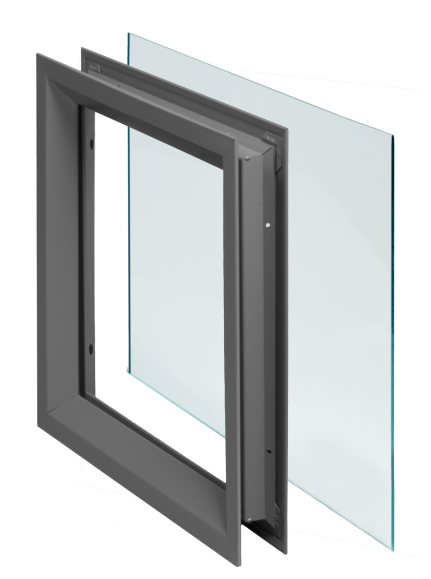
When it comes to commercial doors, the type of glass you select can make a significant difference in both functionality and aesthetics. For CDF Distributors, understanding the nuances of various glass options is essential for providing your clients with the best solutions. In this blog, we’ll explore some of the best commercial glass options for doors, focusing on performance, durability, and design.
Tempered Glass is one of the most popular choices for commercial doors due to its strength and safety features. This type of glass is heat-treated to be much stronger than regular glass, making it ideal for high-traffic areas and buildings with heavy use.
Advantages:
Applications: Ideal for storefronts, office partitions, and high-traffic entryways.
Laminated Glass consists of two or more layers of glass interlayered with a special plastic film. This configuration offers enhanced security and sound insulation, making it a great choice for commercial environments where safety and privacy are priorities.
Advantages:
Applications: Perfect for buildings needing extra security, such as banks, government offices, and schools.
Insulated Glass Units (IGUs) are designed to improve energy efficiency by reducing heat transfer between the inside and outside of a building. These units consist of two or more glass panes separated by a spacer and sealed to create an air or gas-filled gap.
Advantages:
Applications: Ideal for office buildings, shopping malls, and any commercial property looking to improve energy efficiency.
Low-E (Low Emissivity) Glass is coated with a thin, transparent layer that reflects infrared energy while allowing visible light to pass through. This coating helps in controlling heat gain and loss, making it an excellent choice for buildings seeking to enhance thermal performance.
Advantages:
Applications: Suitable for modern office buildings, hotels, and any commercial space where controlling heat and light is crucial.
Frosted Glass offers a unique combination of privacy and style. The frosted finish is achieved through sandblasting or acid etching, providing a translucent surface that obscures details while allowing light to pass through.
Advantages:
Applications: Often used in office partitions, conference rooms, and entrance doors where privacy is desired.
Selecting the right commercial glass for your doors is crucial in meeting both functional and aesthetic requirements. At CDF Distributors, understanding the specific needs of your clients and the benefits of different types of glass will help you provide tailored solutions that enhance safety, energy efficiency, and overall building performance. Whether you choose tempered, laminated, insulated, Low-E, or frosted glass, each option has distinct advantages that can significantly impact the quality and effectiveness of commercial doors.
For more information or assistance in choosing the best commercial glass for your projects, feel free to reach out to CDF Distributors. Our team is here to help you navigate the options and find the perfect solution for your needs.